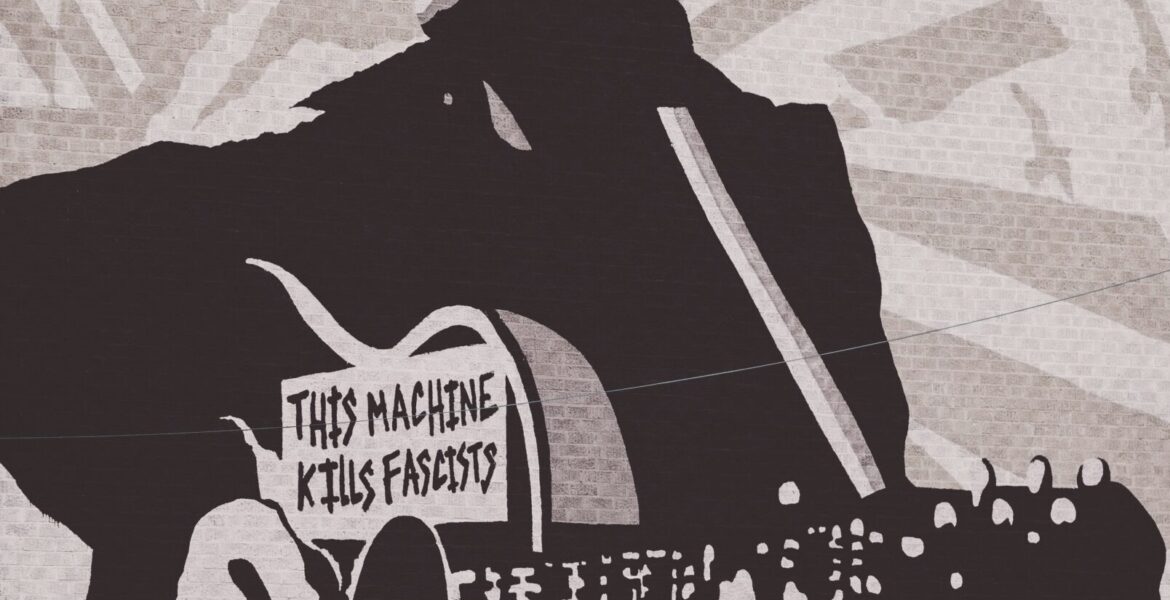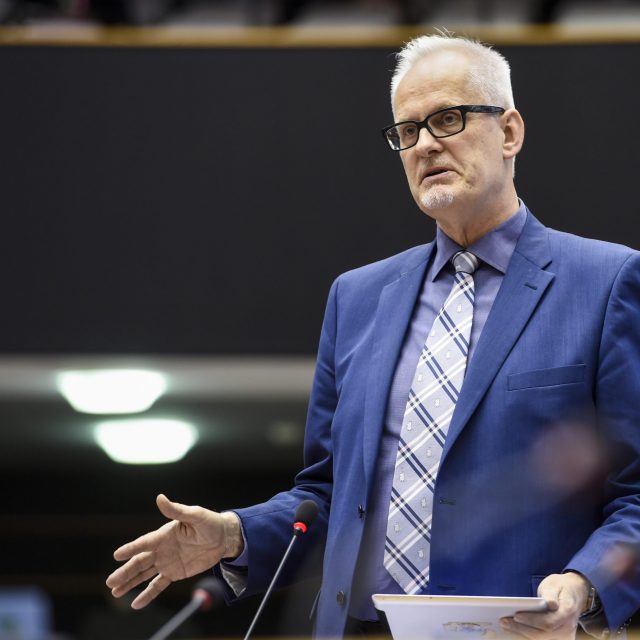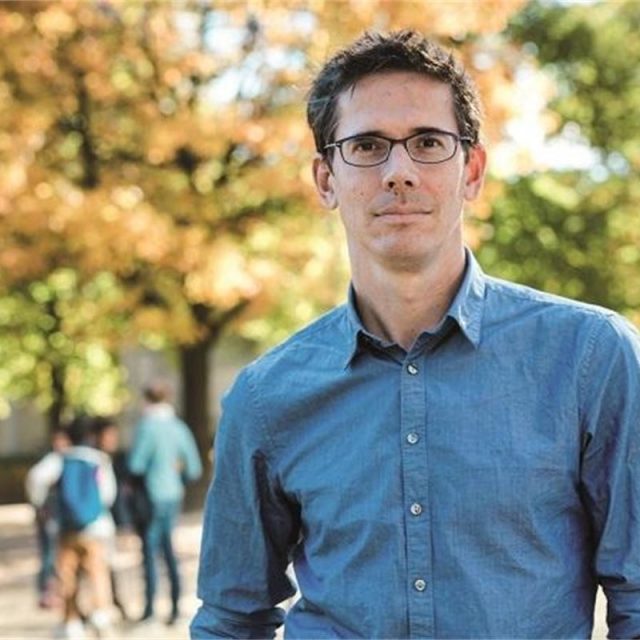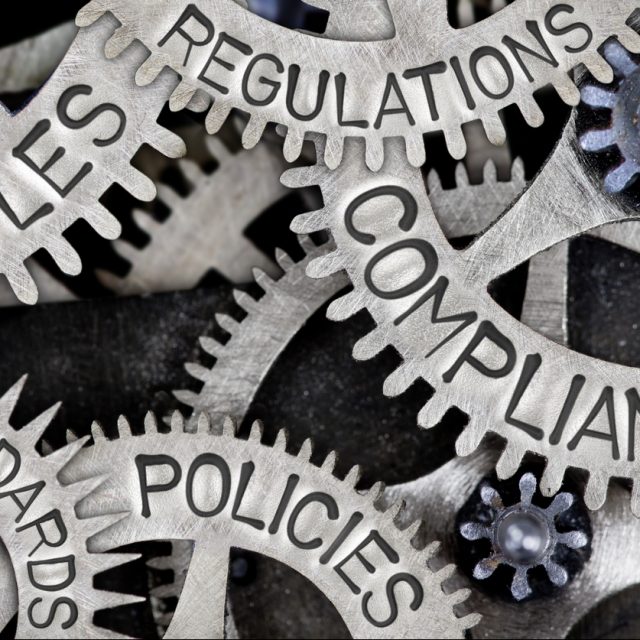An expert on European Union affairs says Hungary’s EU presidency programme has “little weight.”
Zsuzsanna Vegh, an expert on the politics of Central and Eastern Europe and programme officer at the German Marshall Fund of the United States, said that, instead, it highlights the extent to which the prime minister and his European allies are rejected.
She was reacting to Hungarian PM Viktor Orbán’s speech before European lawmakers in Strasbourg this week.
She said, “Presenting the presidency priorities served to project the image of an honest broker, but the wave of criticism that ensued showed that most parliamentary groups rejected his smokescreen. They instead demanded accountability from his government. Orbán responded by claiming to be a victim of an ideologically driven left-liberal political assault.”
Vegh, an expert on the foreign and EU policies of the Visegrád countries, told this site, “Orbán argued that that the bloc needs to change and that Hungary wants to be a catalyst in that process. He identified the issues of competitiveness and migration as the two key policy areas in which the Hungarian presidency would seek to drive change.”
“Although in July he kicked off the presidency with a peace mission to end the war in Ukraine, he did not even mention the country in his EP address. Though the presidency can certainly highlight policy areas to focus on, it still has a coordinatory function and disregarding one of the biggest challenges at the borders of the EU is blatant disregard of the Union’s overall priorities and of other member states as such.”
“The only EP groups that unequivocally supported Orbán were the recently formed, far-right Patriots for Europe and Europe of Sovereign Nations, reflecting that, after its radicalization and the ideological shift it undertook, Fidesz found its new political home on the far right.”
“Meanwhile, EPP leader Manfred Weber’s endorsement and welcome of Orbán’s newly-risen domestic political challenger, Péter Magyar, and his Tisza party during the debate underscores that the European People’s Party irrevocably broke ties with Fidesz.”
Left co-chair Martin Schirdewan (Die Linke, Germany) also delivered a sharp rebuke to Orbán and his policies, stating: “Every year, Europe’s largest neo-Nazi rally takes place in Budapest. Perhaps you, Mr. Orbán, believe that fascism is a political opinion and not a crime against humanity.”
The MEP added, “As an anti-fascist, I see it differently. And as a democrat, I demand that the German anti-fascists like Maja T., who are sitting in Hungarian prisons, be immediately transferred back to Germany, and that there be a Europe-wide halt to extraditions to Hungary.”
However, qualified support for Orbán came from ECR Co-Chairman Nicola Procaccini who expressed strong support for most of the priorities outlined by the PM but criticised his stance on Russia.
Procaccini acknowledged that “the peoples of the European Union are going through a period of chilling demographic winter, which must be tackled by taking better care of the primary building block of any political community: the family. And immigration cannot be the solution to falling birth rates.”
He added, “But we also have a much more dangerous external enemy that you seem to be unaware of, and that is the alliance of China, Russia, Iran, and North Korea.”
“The so-called quartet of chaos, which is the antithesis of every Hungarian, European, and Western patriot. The antithesis of freedom and beauty, of justice and democracy. Of those values that define us and that we want to defend, as the Buda boys of 1956 taught us,” Procaccini concluded.




